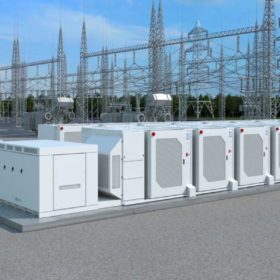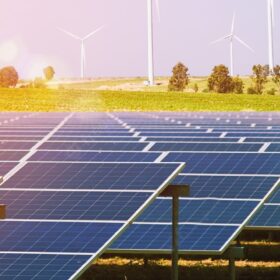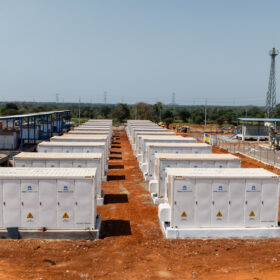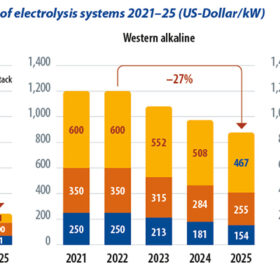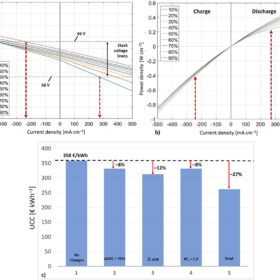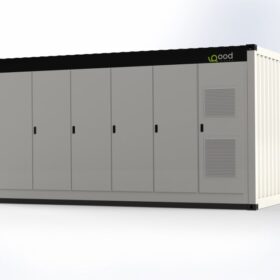Sodium-ion batteries – a viable alternative to lithium?
While lithium ion battery prices are falling again, interest in sodium ion (Na-ion) energy storage has not waned. With a global ramp-up of cell manufacturing capacity under way, it remains unclear whether this promising technology can tip the scales on supply and demand. Marija Maisch reports.
Odisha launches 500 MW/2,500 MWh energy storage tender
GRIDCO has started accepting bids to set up 500 MW/2,500 MWh of energy storage systems connected to the grid. Bidding closes on April 23.
Adani sponsored ‘green energy gallery’ opens at London Science Museum
London Science Museum’s newest exhibit is focused on energy transition and renewable energy. The gallery showcases how the world can generate and use energy more sustainably, highlighting technologies and projects from the UK and abroad. Adani Green Energy is the gallery’s title sponsor.
NTPC allocates 1,584 MW of renewables-plus-storage at $0.056/kWh
The winning developers will set up renewable energy projects backed with energy storage system to supply firm and dispatchable renewable energy. The projects are to be developed on a build-own-operate basis.
India needs the most advanced battery storage ecosystem with over 238 GWh of capacity to support 500 GW non-fossil energy target by 2032, say experts at IESA SESI 2024
Industry experts at the 4th Edition of the International Conference on Stationary Energy Storage India (SESI) 2024 emphasised the rapid deployment of battery energy storage system (BESS) and pumped hydro in India.
SECI launches 1.2 GW solar-plus-storage tender
Solar Energy Corp. of India (SECI) has invited bids to set up 1.2 GW of solar PV projects linked to 600 MW/1,200 MWh of energy storage systems on a build-own-operate basis anywhere in India. Power procured by SECI from these projects has been provisioned to be sold to the different buying entities of India. Bidding closes on April 30.
Electrolyzer prices – what to expect
In addition to the cost of electricity, the price of hydrogen depends largely on the up-front investment cost of the electrolyzer. The lower the full-load hours, the greater the impact. Analyst BloombergNEF (BNEF) sees a number of different possible pathways for the market to develop.
Himadri Speciality Chemical acquires 40% stake in Invati Creations
Himadri Speciality Chemical has acquired 40% stake in Invati Creations, a company focused on engineering Lithium-ion electrode materials. The acquisition was done for a consideration of INR 45.16 crore.
Evaluating the profitability of vanadium flow batteries
Researchers in Italy have estimated the profitability of future vanadium redox flow batteries based on real device and market parameters and found that market evolutions are heading to much more competitive systems, with capital costs down to €260/kWh at a storage duration of 10 hours.
GoodEnough Energy to set up 20 GWh battery storage factory in Jammu & Kashmir
Noida-based GoodEnough Energy will set up a battery energy storage gigafactory with an annual capacity of 20 GWh in Jammu & Kashmir. The factory’s initial capacity of 7 GWh will commence operations by October 2024.

